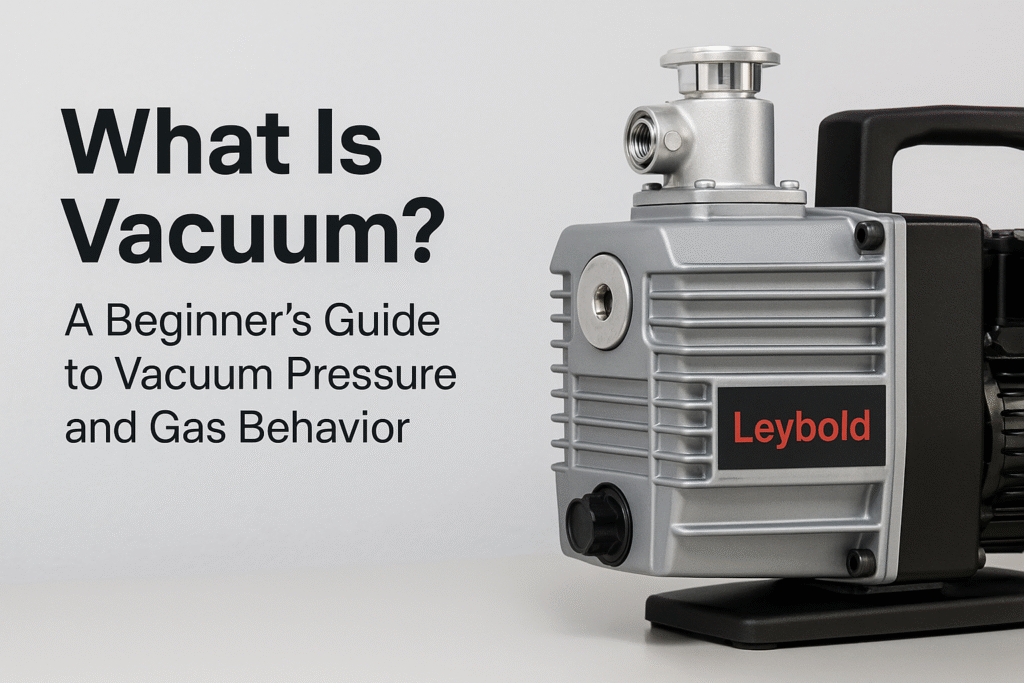In industries where precision and efficiency define success, vacuum technology has become a cornerstone for achieving high-quality results. Two sectors that benefit significantly from advanced vacuum systems are solar cell manufacturing and architectural glass coating. These applications demand not only energy efficiency but also the highest standards of surface quality, which vacuum systems are uniquely capable of delivering.
Table of Contents
Why Vacuum Systems Are Essential
Vacuum technology creates controlled environments free from air, moisture, and contaminants. This clean, stable atmosphere is vital for industries where even the slightest impurity can reduce efficiency or durability.
- In solar cell manufacturing, vacuum systems enable the thin-film deposition of semiconductor materials, improving efficiency and reducing energy loss.
- For architectural glass, vacuum processes allow the application of coatings that enhance energy efficiency, UV resistance, and aesthetics.
By eliminating external influences, vacuum systems ensure uniform coatings, improved adhesion, and long-term reliability.
Vacuum Systems in Solar Cell Manufacturing
Solar cells are at the heart of renewable energy. Their performance depends heavily on the thin films applied during the manufacturing process. Vacuum systems enable:
- Thin-film deposition (PVD & CVD): Essential for adding semiconductor layers that capture sunlight.
- Plasma-enhanced processes: Improve energy conversion efficiency.
- Clean and controlled environments: Prevent contamination that reduces solar panel efficiency.
Using vacuum technology, manufacturers can achieve higher efficiency solar panels while reducing overall production costs.
Vacuum Systems for Architectural Glass Coating
Modern buildings demand energy-efficient glass that reduces heat transfer while maintaining clarity. This is made possible by vacuum coating systems, which provide:
- Low-emissivity (Low-E) coatings: Reduce heat loss, making buildings more energy efficient.
- Anti-reflective coatings: Improve transparency and appearance.
- Durable protective layers: Enhance resistance to scratches, UV damage, and corrosion.
By leveraging vacuum deposition, architectural glass can meet sustainability standards while offering aesthetic appeal.
Benefits of Vacuum Systems in These Industries
- Energy Efficiency – Vacuum-coated glass lowers energy bills and supports green building certifications.
- Higher Product Lifespan – Coatings applied under vacuum have stronger adhesion and durability.
- Sustainability – Enables eco-friendly production of renewable energy devices and energy-efficient materials.
- Precision and Consistency – Critical for industries where uniformity defines performance.
LeyboldExim: Your Partner in Vacuum Technology
At LeyboldExim, we specialize in delivering advanced vacuum systems and solutions tailored for solar cell manufacturing and architectural glass applications. Our expertise ensures that industries can achieve higher output, energy savings, and sustainable production goals. Whether you are a solar manufacturer or a glass coating company, LeyboldExim vacuum technology will help you stay ahead in efficiency and innovation



